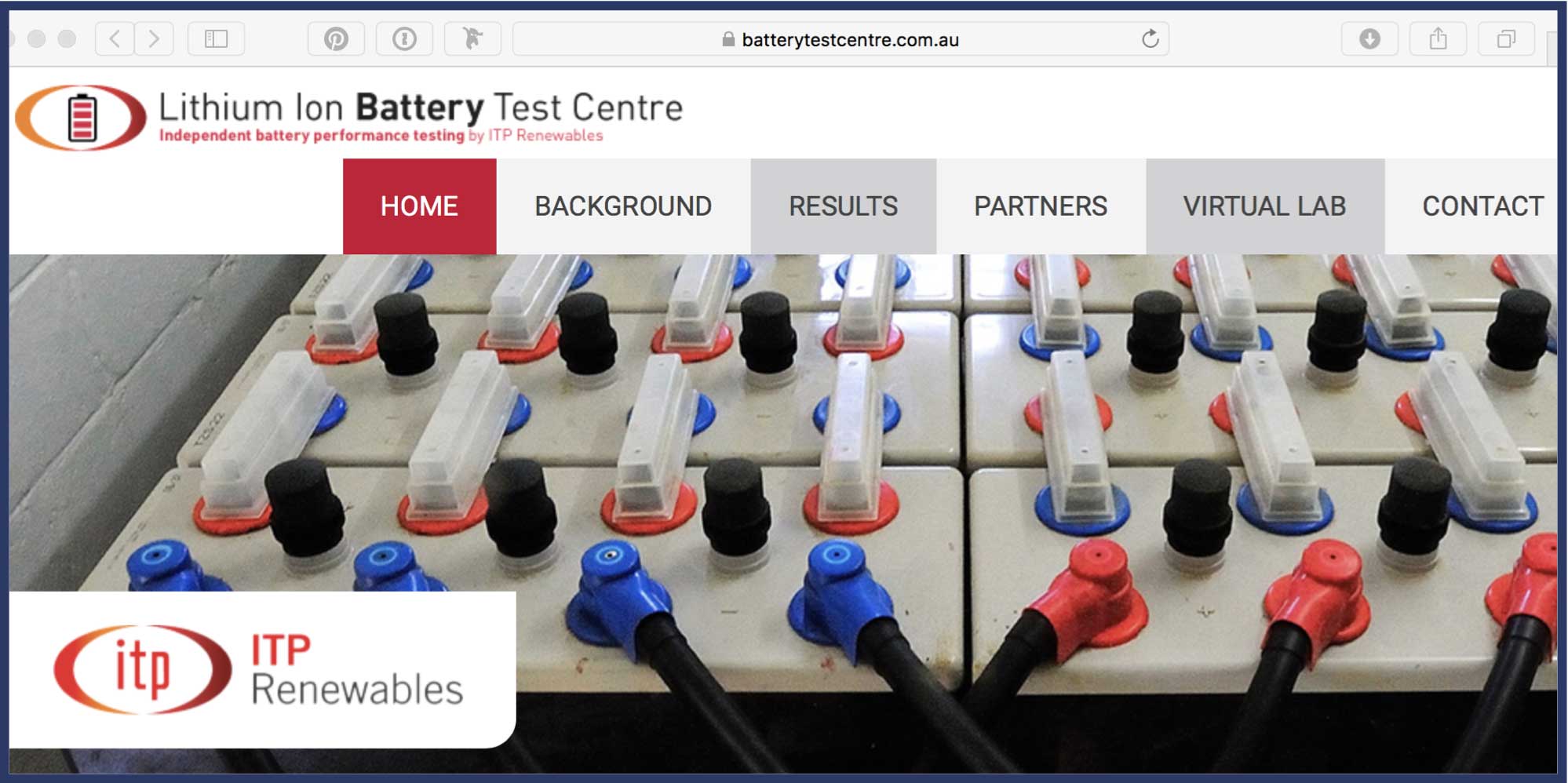Just about every off-grider keeps their batteries inside their living space.
Did you not think there would be a thread about this on the internet somewhere? Not difficult to find. Very few people put batteries inside their home or living space.. I know some folks will park their motorcycles inside their home next to a couch or something, but most people put them in the garage, a shed, a barn, or whatever. You'd have to be pretty foolish to put a large battery bank inside your home, and I'm not talking about a couple of 12 volt batteries so you can have lights, I'm talking about a 20kW storage system. Not only is it a lot of weight, its hydrogen gas, sulfuric acid, and a lot of problems.
Who do you think you're fooling with this nonsense? Or was "living space" some trick on words?
Every telephone office and many are located in commercial public high rise buildings with huge 48 volt 20,000 to 50,000 AH batteries occupying several thousand square feet of floor space. Every data center, every cell tower site, banks, department stores, and dozens of other applications have giant size3d battery banks indoor.
If we're going to go off into LaLa land with the irrelevant statements and subject matter, I'd prefer if we talk about something more interesting like maybe Stellar Nucleosynthesis.. Astrophysics is something I really enjoy spending my free time on. Anytime you want to have a discussion about the formation of a neutron star, a black hole, the hypothesized quark star, electron degeneracy, neutron degeneracy, the Pauli Exclusion Principle, or any other similar subject, I'm all for it. Or we can talk about Dark Matter.. maybe the relevance of Dragonfly 44 or perhaps DF2, or maybe.. maybe we can talk about something just as irrelevant as industrial battery storage, we can talk about the Lithium abundance problem after the big bang and/or how it affects our current models.
But in this thread, we're talking about Lithium Ion Batteries for solar storage, the claimed doom and gloom, and the total lack of supporting information and how its replaced with discouragement and bad information.. in fact, I dare call it "intentionally misleading and false information".
Anyone got a link to an expensive learning experience involving lithium solar storage batteries?


Leave a comment: